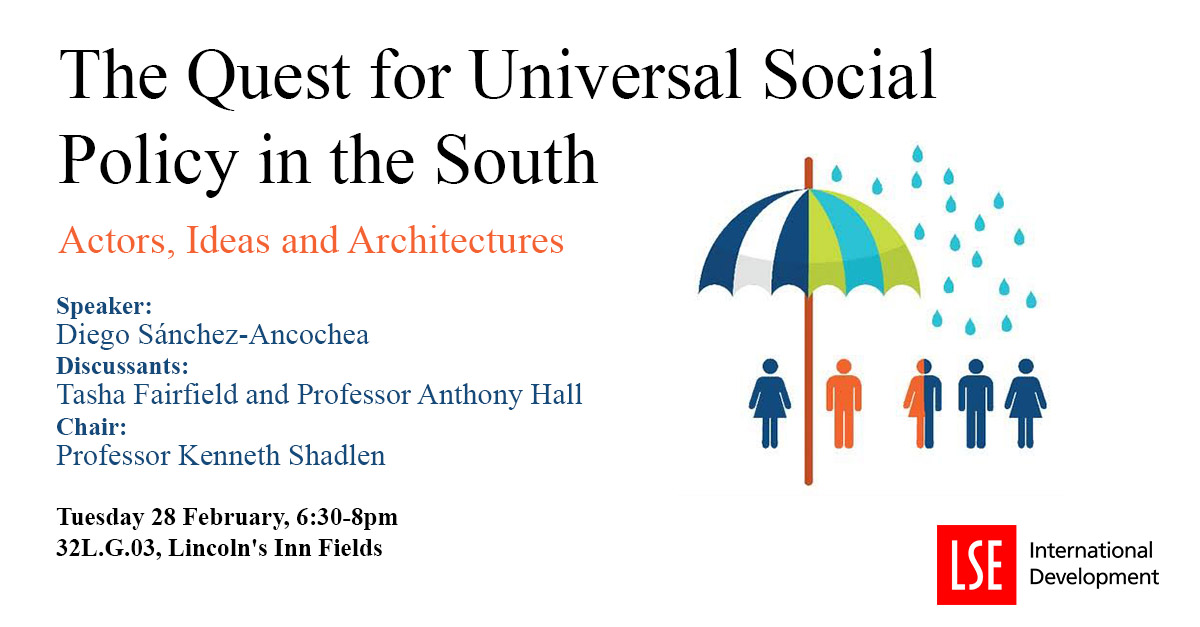In his recent short essay for the New England Journal of Medicine, Professor Ken Shadlen and co-authors examine three aspects of Brazili’s pioneering approach to the treatment of Hepatitis C virus (HCV).
Brazil has been a pioneer in AIDS treatment, expanding access to key drugs and care. It has served as a model for other developing countries, showing that prevention and care can be extended even in resource-constrained settings. Now, Brazil is, again, paving the way in treatment of Hepatitis C virus (HCV). In a new “Perspective” in the New England Journal of Medicine, we examine three aspects of Brazili’s approach to HCV: treatment guidelines, innovative measures to enhance manufacturing capabilities for local production of key drugs, and key issues related to pharmaceutical patents on these drugs. We show how these dimensions relate to each other. For example, expansion of treatment makes the Ministry of Health acutely concerned with drug prices and the availability of local suppliers. Yet the patent situation complicates the ability of local suppliers to enter the market. A key aspect of Brazil’s strategy is to assure that the capability for local production exists, so to arm the government with an important bargaining chip in price negotiations.
You can read the full essay here.
Professor Ken Shadlen is Professor in Development Studies and Head of Department in the Department of International Development at the LSE. He works on the comparative and international political economy of development, with a focus on understanding variation in national policy responses to changing global rules. In recent years his research has focused on the global and cross-national politics of intellectual property (IP). He is also the author of Coalitions and Compliance: The Political Economy of Pharmaceutical Patents in Latin America (OUP, 2017).
The views expressed in this post are those of the author and in no way reflect those of the International Development LSE blog or the London School of Economics and Political Science.





